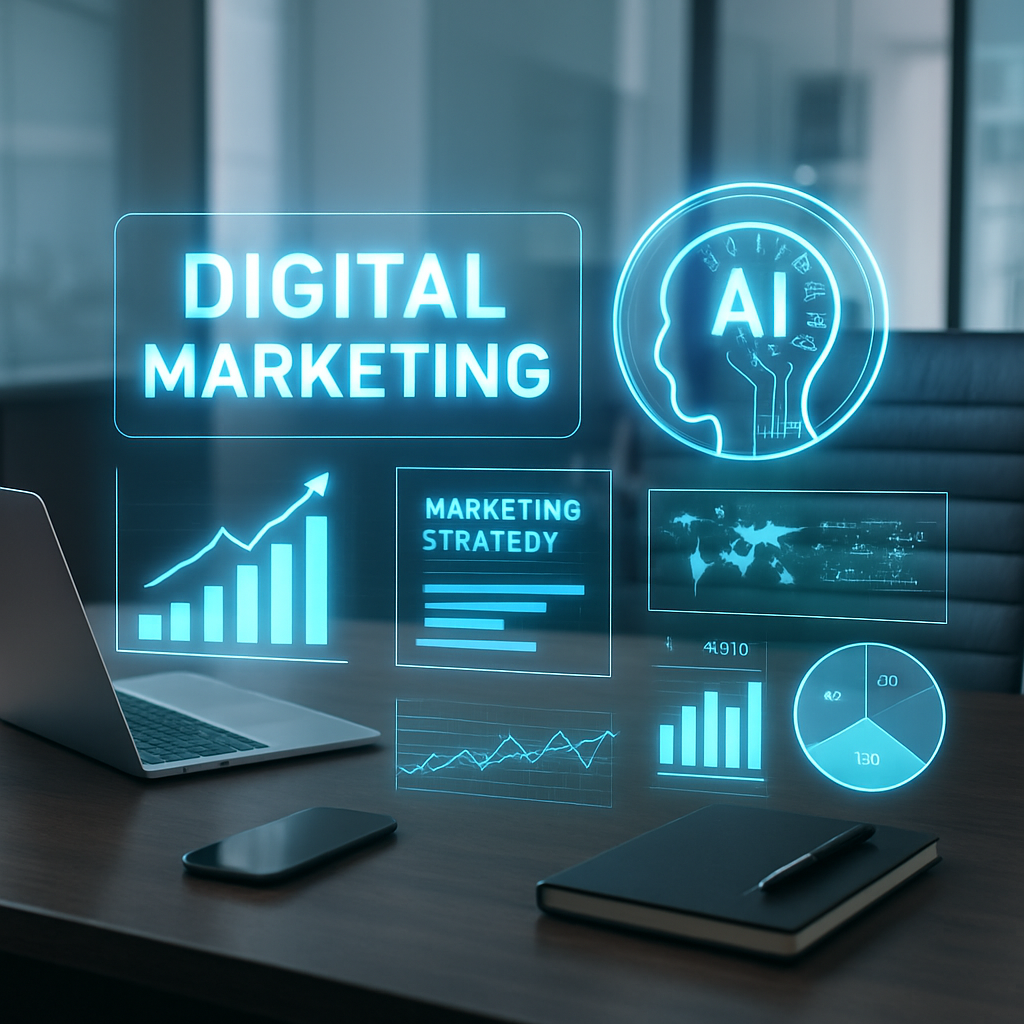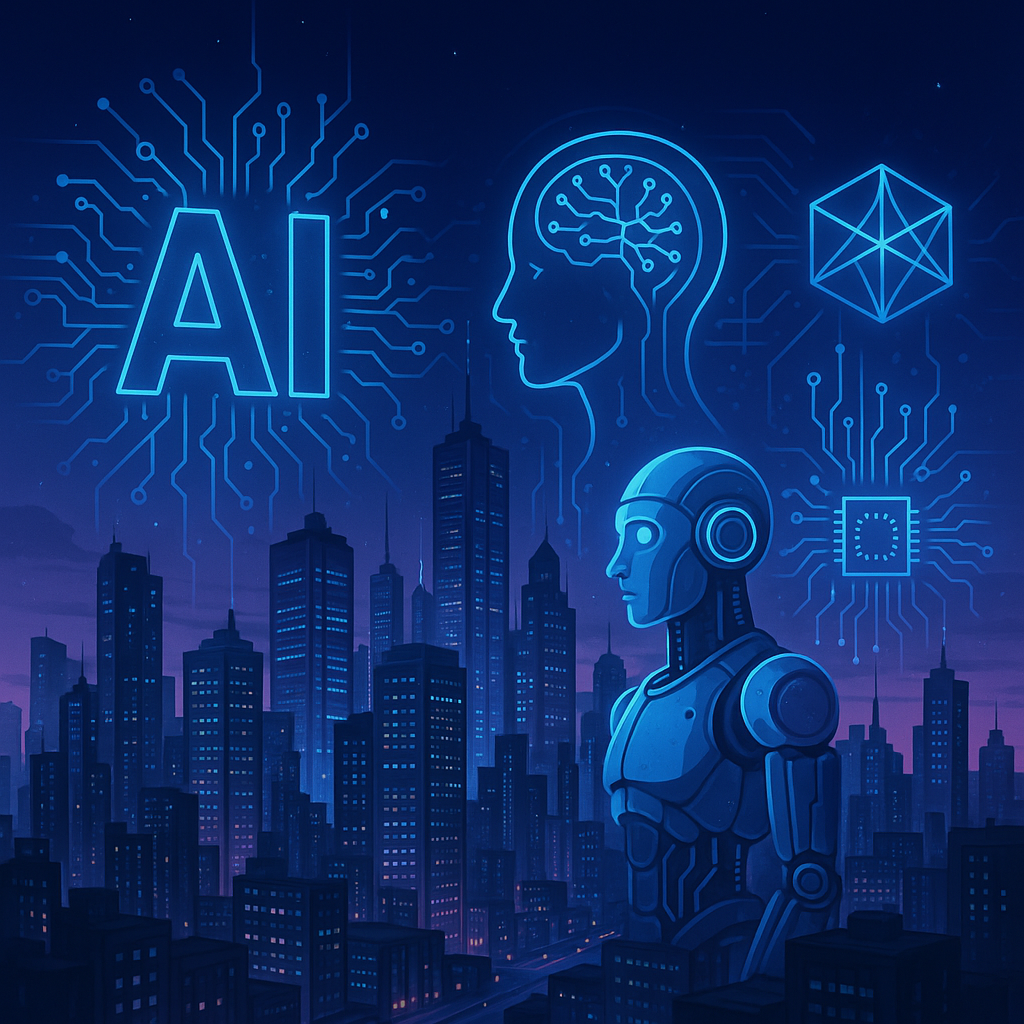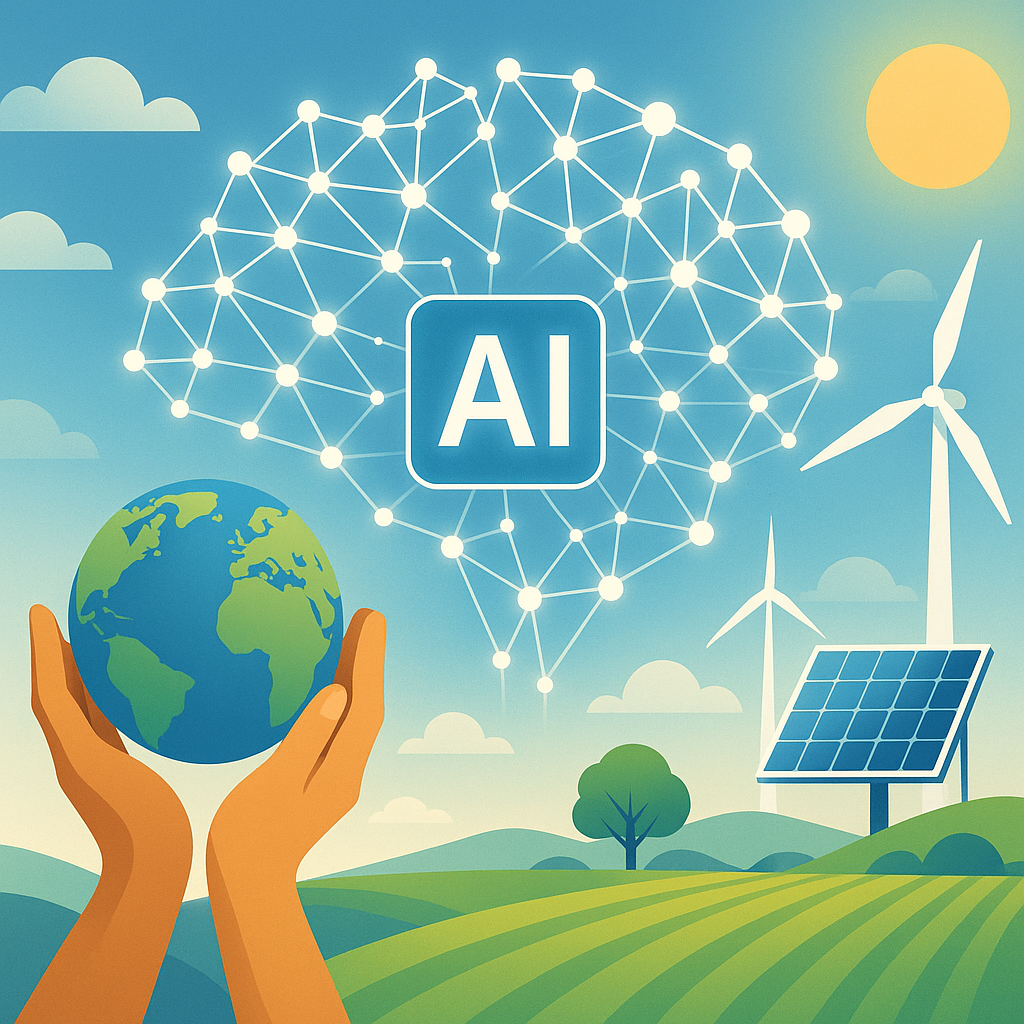
Harnessing AI for Online Marketing Success: AI for Good and 2024's Best AI Tech
The Interplay of AI Ethics and Online Marketing
In the evolving realm of online marketing, artificial intelligence (AI) is no longer just a tool for automation and data analysis — it has become a strategic partner in crafting meaningful, personalized consumer experiences. By mid-2025, businesses have widely embraced AI not only to optimize conversions and outreach but also to ensure marketing campaigns align with broader ethical standards. This movement, often encapsulated by the phrase "ai for good," emphasizes that AI-powered strategies can drive both business success and positive societal impact.
What is AI for Good in Marketing?
AI for good in marketing focuses on deploying technology to foster transparency, fairness, and social responsibility. It involves harnessing AI capabilities beyond profit-centered goals — for instance, by avoiding biased algorithms that could perpetuate stereotypes or misinformation. Ethical AI in marketing encourages brands to prioritize consumer trust, data privacy, and inclusive messaging while leveraging AI-driven insights.
Companies are increasingly auditing their AI marketing tools for bias, ensuring diverse datasets guide machine learning models, and engaging AI to highlight sustainability initiatives or social causes authentically within campaigns. This conscious integration not only enhances brand reputation but also strengthens customer loyalty in an era growing wary of manipulative digital practices.
Cutting-Edge AI Technologies Leading Online Marketing in 2024
The best AI technologies of 2024 for online marketing demonstrate remarkable advancements in personalization, predictive analytics, automation, and creative content generation. These innovations allow marketers to connect with audiences more deeply and dynamically than ever before.
1. Generative AI for Content Creation
Generative AI models have matured significantly, transforming the creation of blogs, social media posts, video scripts, and even immersive virtual experiences. Marketers use these tools to produce tailored content that resonates individually with diverse audience segments — all while drastically reducing time and costs associated with content development.
2. Predictive Consumer Behavior Models
Advanced AI algorithms analyze real-time data streams and historical consumer actions to anticipate future purchasing behaviors, enabling hyper-targeted marketing. These models help brands optimize ad spending by identifying high-value prospects and the optimal timing for engagement.
3. AI-driven Chatbots and Conversational Agents
Next-generation AI chatbots now integrate natural language understanding and emotional intelligence, providing personalized shopping assistance and real-time support. These intelligent agents enhance user experiences and gather vital data to continually refine marketing strategies.
4. AI-Powered Visual Recognition
Visual AI technologies scan images and videos across platforms to detect brand impressions, sentiment, and emerging trends. This visual intelligence enables marketers to measure campaign impact more accurately and adapt creative assets responsively.
Real-World Applications: Merging AI for Good with Marketing Excellence
One brand that exemplifies the synergy between AI for good and best AI technologies is a global footwear company that implemented an AI-driven platform to promote sustainable fashion choices. By using generative AI, they crafted personalized narratives that educate consumers about environmental impact without overwhelming them with jargon. Their predictive analytics targeted eco-conscious customers with offers timed to reduce waste, and their chatbot answered sustainability-related queries empathetically.
Simultaneously, the company employed rigorous bias testing to ensure advertising algorithms did not exclude or stereotype any demographic groups, embodying the AI for good ethos. This integrated approach yielded increased engagement and a measurable uplift in brand perception metrics.
Challenges and Future Outlook
Despite impressive technological strides, marketers face challenges in balancing AI automation with authentic human connection. Ensuring AI algorithms remain transparent and controllable requires ongoing investment and interdisciplinary collaboration among data scientists, ethicists, and marketing experts.
Looking ahead, the convergence of AI for good and cutting-edge AI tools will increasingly define online marketing strategies. Brands that succeed will be those who not only deploy the best AI technology but also commit to ethical practices that enhance consumer trust and social value.
Conclusion: A New Paradigm for Online Marketing
As of 2025, the integration of AI for good principles with the best AI technologies from 2024 establishes a new paradigm for online marketing success. By emphasizing ethical responsibility alongside innovation, businesses can create compelling, personalized marketing that resonates deeply and responsibly with global audiences. The future of online marketing will be shaped not just by how intelligent the ai is, but by how well it serves humanity and cultivates trust in a digital age.







